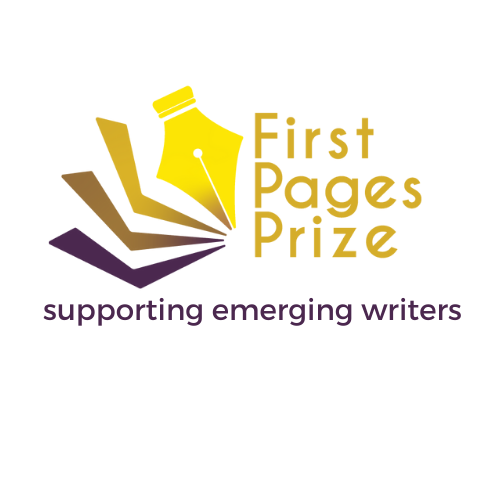"Winning is the most exciting thing"
Introducing our winner of the First Pages Prize 2018.
Adam McCulloch is the winner of our first-ever First Pages Prize. Originally from Australia, he is an expat twice removed. For 13 years he lived in New York on the site of Edgar Allan Poe’s house in apartment number 13 and building number 13 in the West Village. Currently, he lives in Merida, Mexico.
He has a Bachelor of Design and Post-graduate Diploma in film directing, "so I tend to take a structured approach to my writing."
Find out more about Adam and his work in this Q&A.
Q: Congrats on winning FPP with your novel The Silver Trail. It's a literary fiction delving into dementia and caring for our ageing parents from a daughter's point of view. What was your inspiration for writing it?
A: I was researching slugs as a part of a collection of short stories inspired by insects. It struck me a poignant that, to move forwards, a slug must give away so much in the form of a silver trail. So too, my protagonist is deeply connected to the past and afraid of the future. She’s an unwanted child caring for her demented father whose distorted family history is told through the objects he hoards. When her estranged brother (our antagonist) returns home they embark on a road trip to set the sordid family record straight.
Q: How long have you been writing?
A: I have been a travel writer for 15 years but for the past three years have been actively transitioning towards fiction and screenplays. It’s a whole new skillset but it’s been a wonderfully encouraging time.
Q: What were you doing when you heard you'd won?
A: When I hear the news that I had won the First Pages Prize, I had just finished yoga and was about to pulse carrots in my new juicer. This completely misrepresents who I am but I’m thankful for that accident of timing for the illusion it creates about me.
Q: What's your process/writing ritual or any favourite books you'd recommend?
A: I outline my stories extensively -- developing character webs, conflict, set-ups and payoffs, theme, dilemmas, turning points -- so everything is mapped out before I start a first draft. It’s a process I developed while writing screenplays. In terms of daily routines: I write in the morning when I’m fresh then read in the afternoon when my powers are low and the weather is hot. My wife is also a writer (she’s far more talented than me) so our evenings often involved some level of brainstorming about story problems.
Favourite books are A Prayer for Owen Meany and Life of Pi for the framing device, Oryx and Crake for the world building and All the Light We Cannot See for vivid, lyrical prose.
Q: What are your next steps for The Silver Trail?
A: I have mapped out the structure and I am half way through a first draft. Fortunately, I have five weeks of writers residencies starting in May so I hope to finish the draft and begin a rewrite. My second draft usually involves making sure important emotional beats and key plot points have been set up properly as the mapping out method of writing can create some “Huh? What?” moments that need to be smoothed out.
Q: You've flown to Stockholm for the prize presentation from Merida, Mexico, how does it feel to be here? Is this your first time? Are you enjoying the Stockholm Writers Festival?
A: Winning the First Pages Prize is honestly the most exciting thing that has happened in my writing career. I entered the competition hoping for a small amount of feedback and never really thought I would win both The de Groot Foundation prize and 25 pages of development notes. I’m truly blown away. I feel like an imposter, of course, which I think is a common reaction for all writers.
I visited the Vasa as a kid and, a couple of years ago, tried to visit Sweden to write a story on a group of recovery scuba-divers who had discovered a shipwreck full of hundred -year-old champagne. Now having won the First Pages Prize, I will always associate Sweden with all manner of unexpected treasure.
Q: Do you make your living as a writer? If so, what do you do?
A: I have been a travel writer for 15 years which is both an exciting and precarious way to make a living. And, while I still enjoy travel, I find the fiction world more nourishing.
Q: Is there anything else we should know about you and your writing?
A: As a kid I was on national television for solving the Rubik’s Cube in the record time of 34 seconds. There’s a robot now that solves in under one second.
